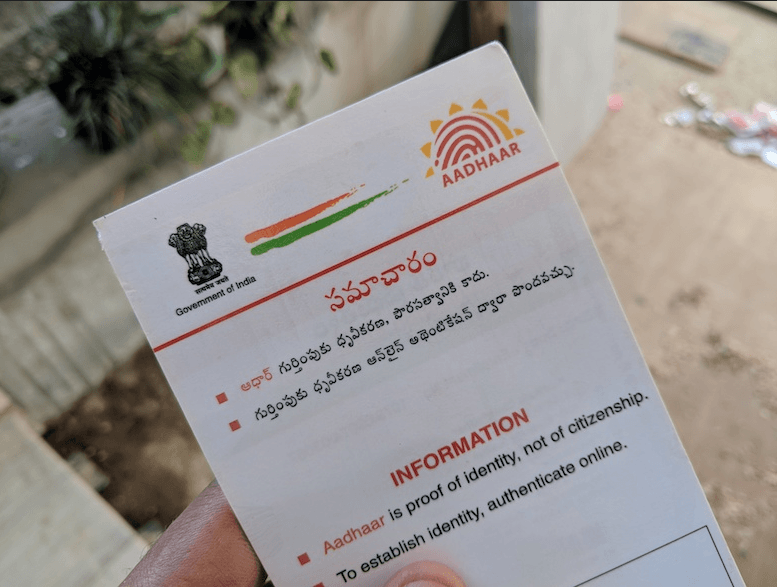Aadhaar-body UIDAI today announced a new two-layer key system to strengthen the security of Aadhaar holders. UIDAI has implemented a new Virtual ID method which would do away the need of sharing your 12-digit Aadhaar number for verification purposes. Under the newly introduced system, an Aadhaar holder will be soon given the choice of not sharing their Aadhaar ID during the authentication process.

Aadhaar holders can generate a random 16-digit Virtual ID every time which can be used to authenticate at authorised agencies like banks and telecom service providers.
"Virtual ID will be a temporary, revocable 16 digit random number mapped with the Aadhaar number. It is not possible to derive Aadhaar number from Virtual ID," the UIDAI said in a circle it issued earlier today.
While the Virtual ID will be generated at the user's end; At the agency end, the UIDAI has come up with a new concept of 'Limited KYC (Know Your Customer)' which provides an "agency-specific unique UID token to eliminate agencies storing Aadhaar numbers while still enabling their own paperless KYC".
Recently, UIDAI was under tremendous pressure, thanks to an Aadhaar-data leak claim at just Rs 500 from the Tribune newspaper. The circular also read that Aadhaar ID holders and agencies have to wait until March 1 as the body will release necessary applications for the implementation. "And by June 1, all agencies would have to fully migrate to the new system," said UIDAI in the released circular.
As expected, the Virtual ID will be valid for a specific time period, but UIDAI is yet to reveal the time period though. If a user generates a new Virtual ID, the older ID will be automatically cancelled.
"Aadhaar number being a permanent ID for life, there is a need to provide a mechanism to ensure its continued use by the Aadhaar number holder while optimally protecting the collection and storage of Aadhaar number itself in many databases," the UIDAI added.
Aadhaar ID has become a trending topic on the web these days as several entities are misusing the Aadhaar information which raised several privacy concerns.















